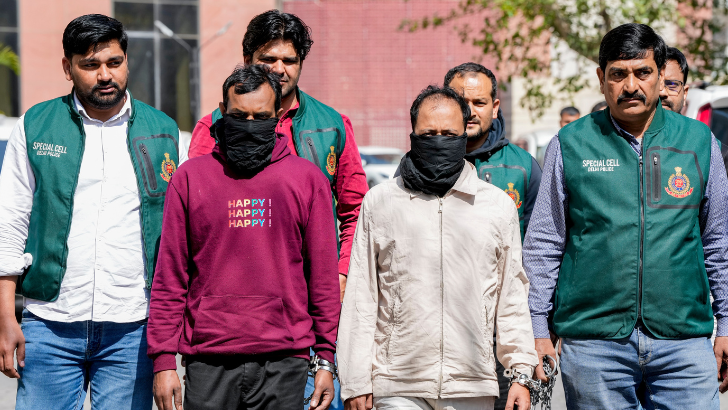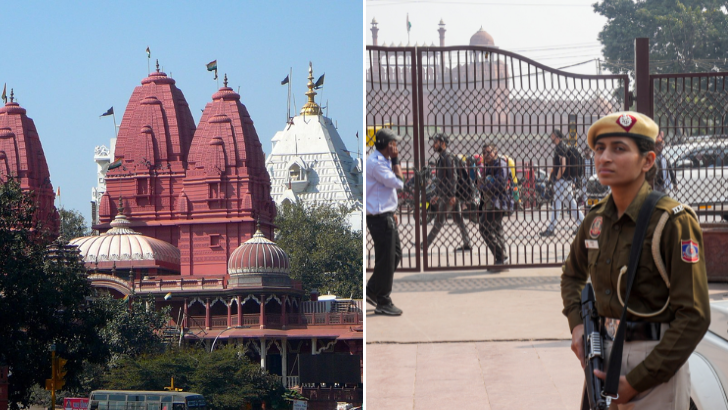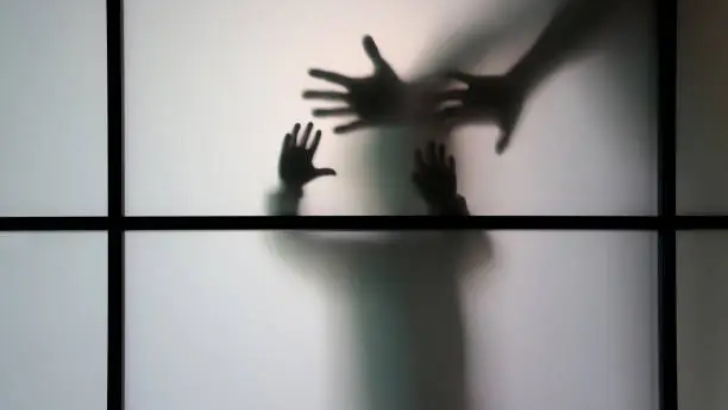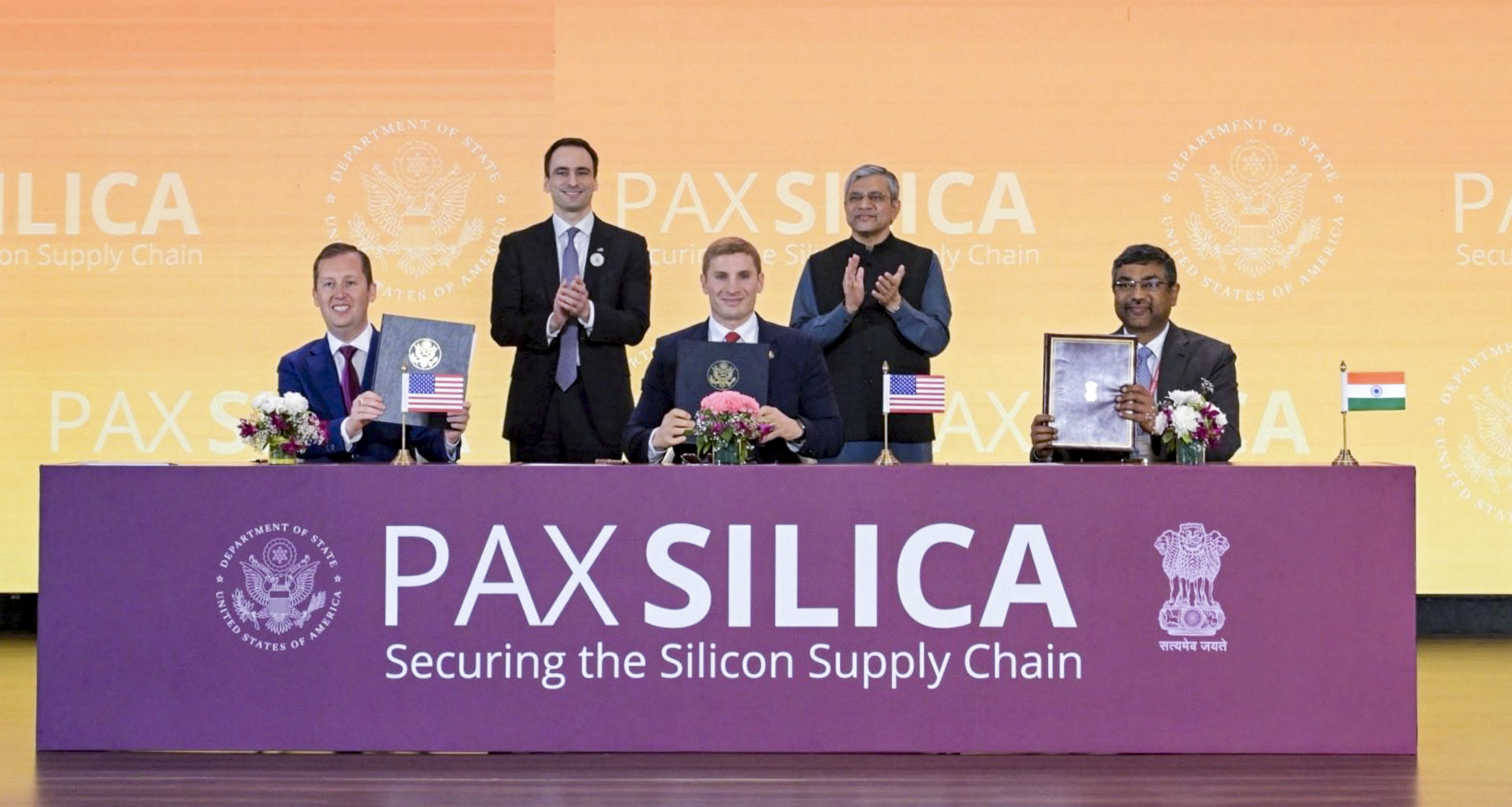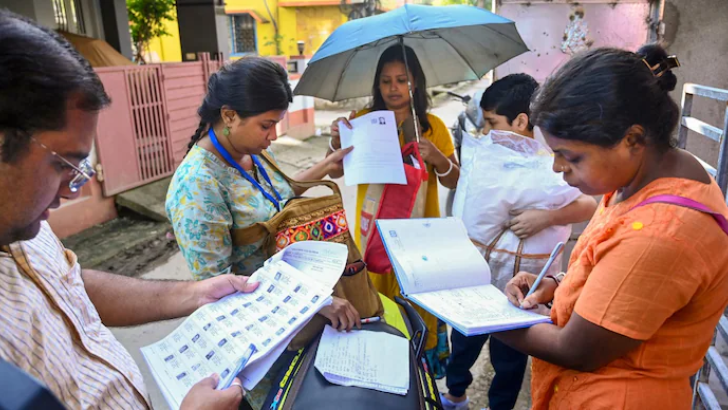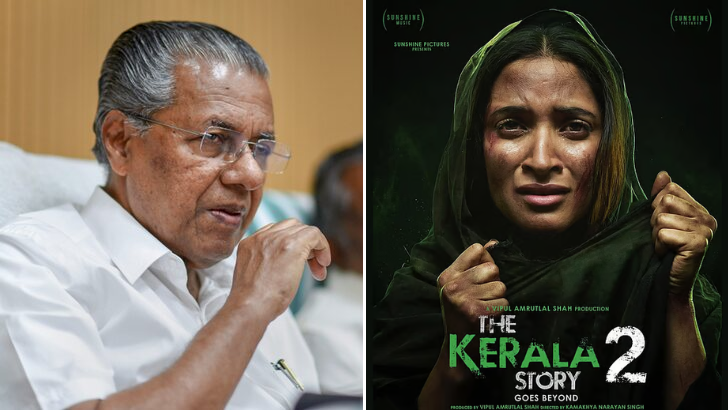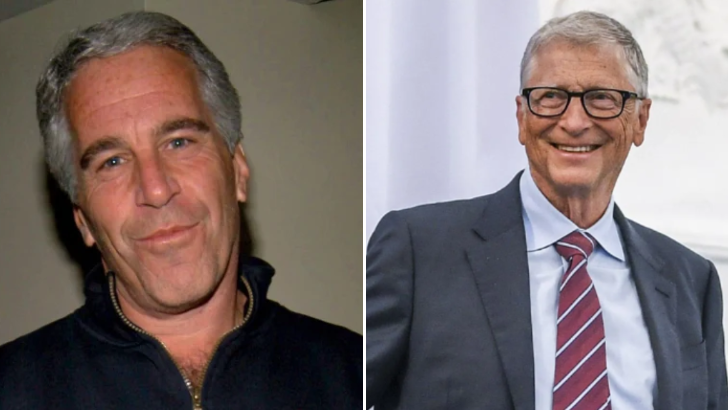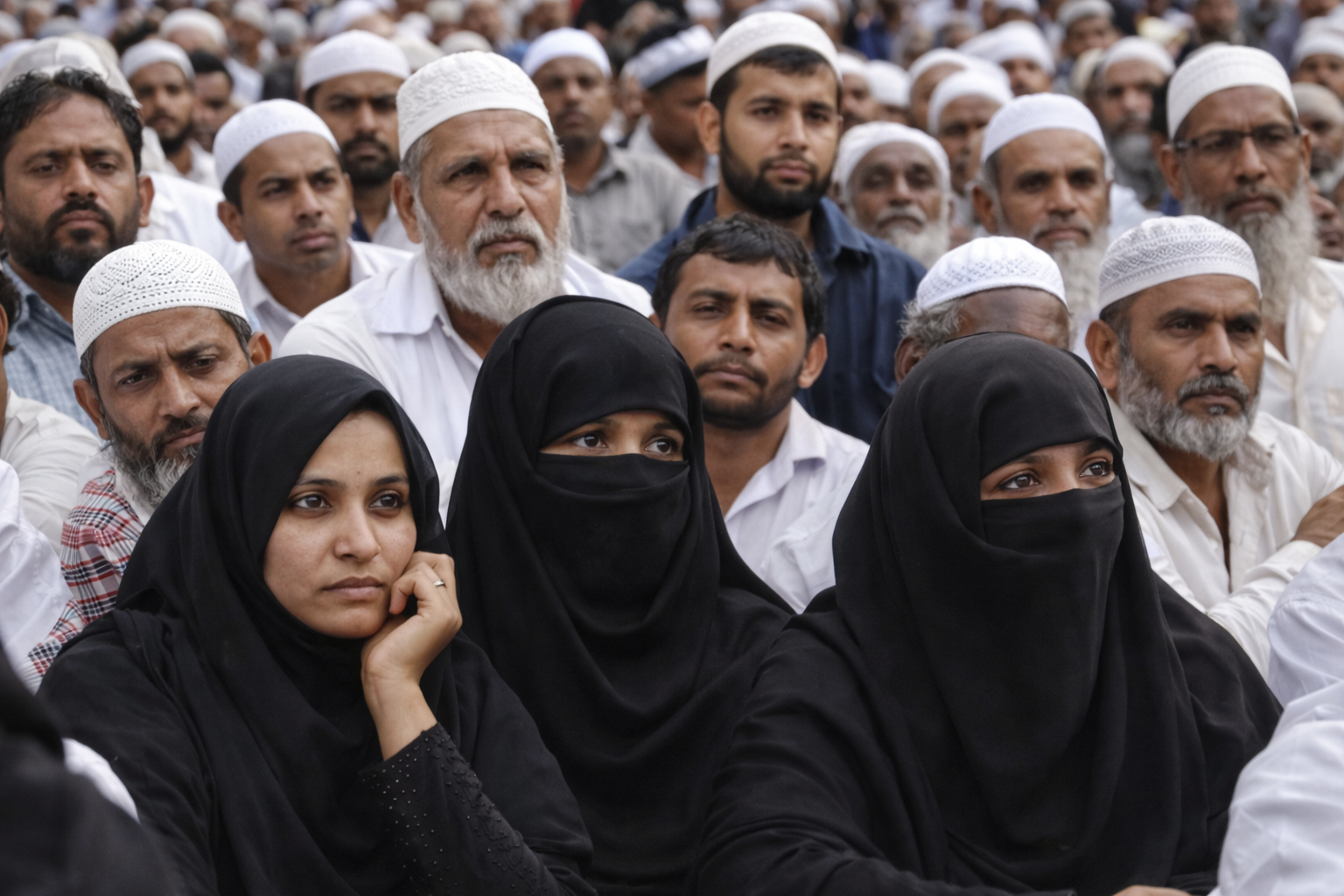CJI BR Gavai will not hear Justice Yashwant Varma’s plea
Justice Varma stated that he was not given a fair opportunity to respond to the in-house inquiry committee before it presented its findings.
ANI
-
The CJI BR Gavai said he will not be hearing the plea filed by Justice Varma
New Delhi, 23 July
The Chief Justice of India (CJI) BR Gavai stated today that he will not
be hearing the plea filed by Allahabad High Court judge Justice Yashwant Varma
challenging the constitutionality of the procedure leading to impeachment
proceedings against him.
The CJI reasoned that it would not be appropriate for him to hear the
matter as he was part of the conversation regarding the controversy surrounding Justice Varma.
The CJI later clarified that the court will take a call and assign an
appropriate bench to hear Justice Varma's plea.
The development came today when Senior Advocate Kapil Sibal mentioned the plea, appearing on behalf of Justice Varma, seeking an urgent hearing in
the matter.
Justice Yashwant Varma has recently approached the Supreme Court to
challenge the in-house three-judge inquiry committee's report and the
recommendation by former CJI Sanjiv Khanna to initiate impeachment proceedings
against him.
Justice Varma stated that he was not given a fair opportunity to respond
to the in-house inquiry committee before it presented its findings.
The cash was allegedly found by fire tenders when a fire broke out in
the judge's residence on 14 March at his Delhi residence when he was the judge
of Delhi High Court. The judge was not present at his house at the time of the
incident.
In his plea, Justice Varma alleged that the committee proceeded in a
predetermined fashion and, even without finding any concrete evidence, drew
adverse inferences against him after reversing the burden of proof.
He sought a declaration that the recommendation by the CJI on 8 May, 2025, to
the President and the Prime Minister for initiation of his removal as a High
Court Judge is "unconstitutional and ultra vires".
"The Petitioner is not in possession of a copy of the communication
dated 8 May, but assails the action on various constitutional
parameters. The petitioner is seeking the indulgence of this court, challenging
the process culminating in the communication of the then CJI to the President
and to the Prime Minister by way of his communication dated 8 May seeking
the initiation of removal proceedings of the petitioner as a Judge of a High
Court," the petition stated.
He said that the in-house procedure, adopted via a 1999 Full Court
Resolution to handle complaints against judges and preserve judicial
independence while maintaining public faith, "unjustifiably extends beyond
the intended scope of self-regulation and fact-finding".
"By culminating in recommendations for removal from constitutional
office, it creates a parallel, extra-constitutional mechanism that derogates from
the mandatory framework under Articles 124 and 218 of the Constitution, which
exclusively vest powers for removal of judges of the High Courts in Parliament
through an address supported by a special majority, following an inquiry under
the Judges (Inquiry) Act, 1968," stated the petition.
It further submitted that the in-house, which adopts no such comparable
safeguards, usurps parliamentary authority to the extent that it empowers the
judiciary to recommend or opine on the removal of Judges from constitutionally
held office.
"This violates the doctrine of separation of powers, which is part
of the basic structure of the Constitution, as the judiciary cannot assume the
role reserved for the legislature in the removal of judges," added the
plea.
Justice Varma also sought quashing of the final report dated 3 May of
the in-house committee constituted by the CJI, and all actions consequential
thereto.
Invocation of the in-house procedure was "improper and
invalid" since it was done in the absence of any formal complaint against
Justice Varma, said the plea.
The plea stated that the committee denied him access to evidence,
withheld CCTV footage, and offered no opportunity to rebut the allegations. Key
witnesses were examined in his absence, violating natural justice, he added.
The committee was constituted on 22 March by then CJI Khanna to probe
the incident, comprising Justices Sheel Nagu (then Chief Justice of Punjab
& Haryana High Court), GS Sandhawalia (then Chief Justice of Himachal
Pradesh High Court), and Anu Sivaraman (Judge, Karnataka High Court).
The incident occurred on 14 March, following a fire at his Lutyens'
Delhi home, during which semi-burnt wads of cash were reportedly found.
This discovery led to an in-house inquiry initiated by the Supreme Court,
which appointed a three-member committee to investigate the matter.
Justice Varma has strongly denied any involvement, asserting that neither he nor his family members placed the cash in the storeroom.
Leave a Reply
Your email address will not be published. Required fields are marked *








.jpg)

